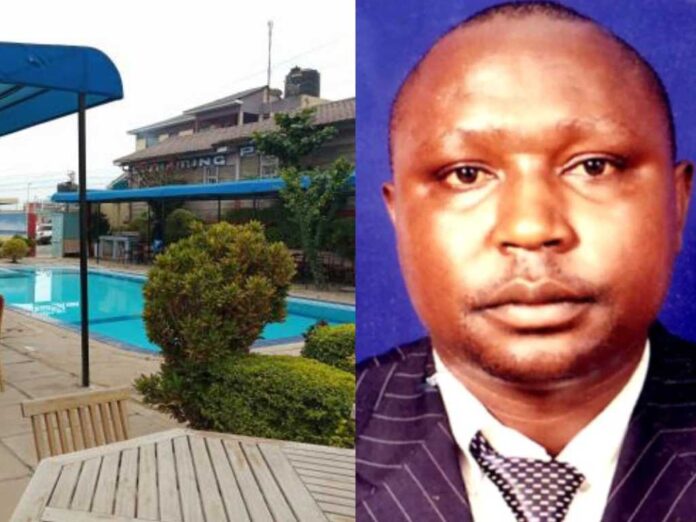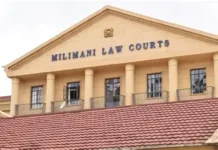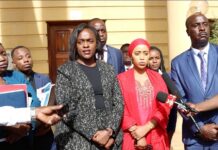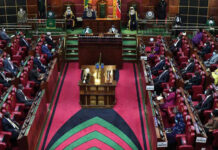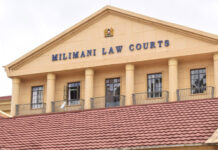Written By Andrew Kariuki
The High Court in Nairobi has granted the Ethics and Anti-Corruption Commission (EACC) far-reaching preservation orders blocking a former Principal Land Registrar, Felix Mecha Nyakundi, his spouse Stellah Nyaboke Otwori and two associated companies from dealing with assets worth hundreds of millions of shillings.
In a ruling delivered on November 14, 2025, Justice Benjamin Musyoki held that EACC had established a prima facie case showing unexplained assets and potential corruption, warranting protection of the properties pending the full hearing of the suit.
The Commission’s investigations showed that between January 2013 and March 2023, the 1st defendant allegedly exploited his public office for private gain, including facilitating the allocation of public land to the 2nd defendant while stationed at the Kilifi Land Registry.
The court record indicates that parcels in the Mavueni B Settlement Scheme and the Chakama Phase I and II Schemes were allocated to the 2nd defendant despite her not appearing among verified beneficiaries.
EACC further informed the court that the defendants acquired land, motor vehicles and accumulated bank and mobile money deposits amounting to Ksh779,584,520, despite the 1st defendant earning only Ksh7,691,298 in legitimate salary and allowances over the decade under review.
After the defendants were issued with notices under Sections 26 and 55 of the Anti-Corruption and Economic Crimes Act, the Commission found that they could only satisfactorily explain assets worth Ksh58,170,000, leaving unexplained wealth of Ksh713,723,223.
In response, the 1st defendant denied misconduct, arguing that his wife was legally entitled to land allocation and that the Commission had misinterpreted deposits linked to the couple’s companies. He stated that substantial mobile money transactions were hotel revenues from Bantu Hotel & Resort Co. Ltd, where his spouse and daughter are directors, while funds in Festemagra Investment Ltd were rental proceeds.
He accused the Commission of failing to review submitted business account records and insisted that the properties had appreciated in value due to private investment and development.
Justice Musyoki, however, found the explanations inadequate, noting that the defendants had not demonstrated the source of funds used to acquire the properties or provide audited accounts showing the companies’ capacity to generate the asserted income. He also held that the 1st defendant had significantly underdeclared his wealth in mandatory public officer declarations—conduct the court described as itself indicative of corruption.
The court observed that given the close relationship between the 1st defendant and the companies’ directors, his spouse and daughter, corporate structures could not be used to shield potentially corruptly acquired assets from scrutiny.
The judge concluded that the unexplained variance between known income and accumulated wealth raised serious issues requiring trial and that, without injunctive orders, the risk of asset dissipation was high.
He therefore granted EACC’s application, freezing 6 parcels of land belonging to the 1st defendant, 10 parcels registered to the 2nd defendant, three belonging to the 3rd defendant and numerous bank, M-Pesa and M-Pesa till accounts linked to all defendants.
The order also preserves three motor vehicles and Ksh4.26 million seized earlier pursuant to a search warrant.
The matter will now proceed to full hearing to determine whether the assets will be forfeited to the state under Section 55 of the Anti-Corruption and Economic Crimes Act.









